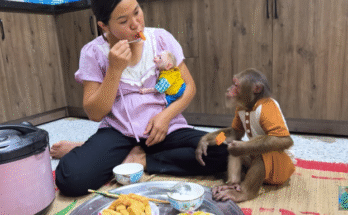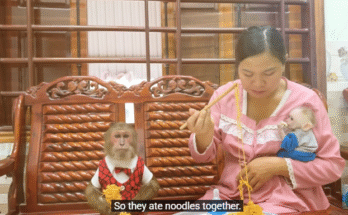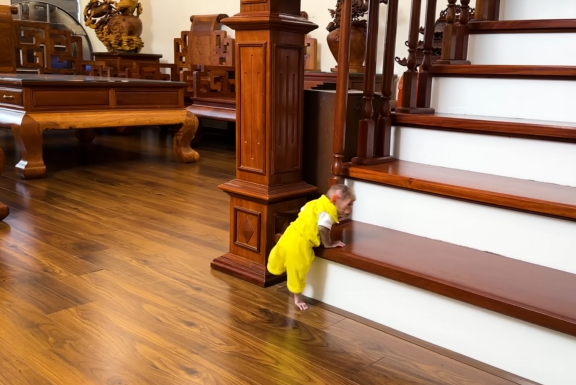
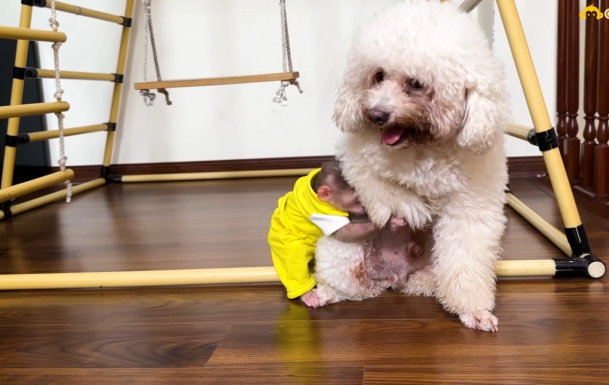
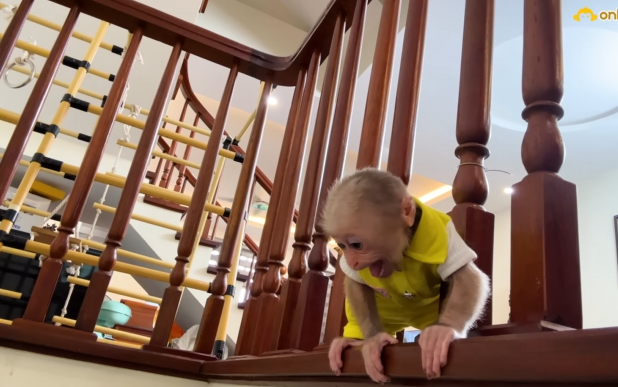
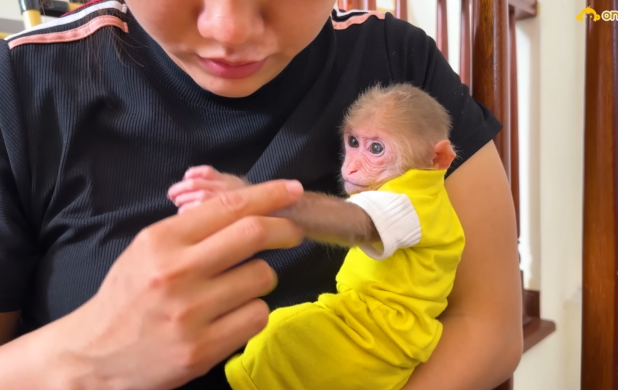
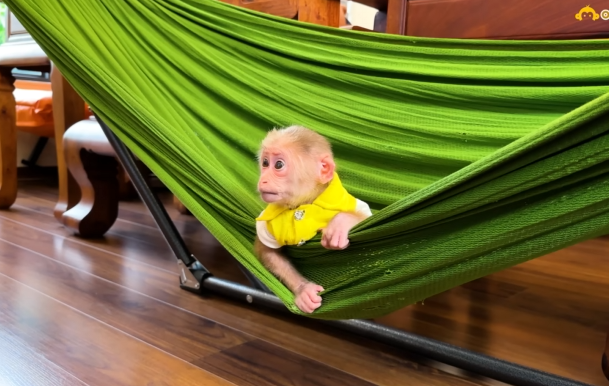
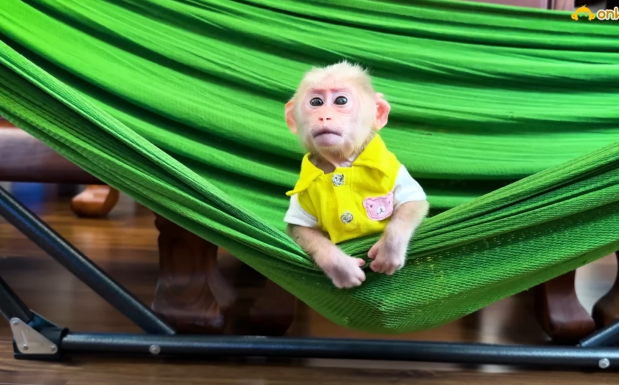
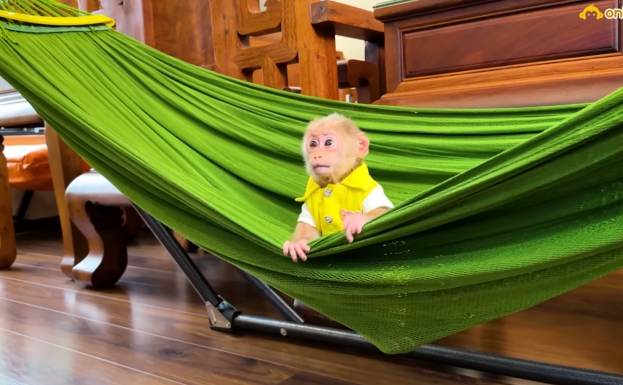
It was a bright and cheerful morning in the village where the little monkey Lala lived. Birds chirped happily, the sun filtered softly through the tall trees, and the forest seemed alive with the rustling of leaves and playful sounds of animals. But inside Lala’s heart, there was a different weather—cloudy, gray, and heavy with confusion.
Lala had woken up early, full of energy and excitement. She couldn’t wait to play with her best friend, Lu. Every day, they would climb trees, swing from vines, chase butterflies, and giggle until their bellies ached. Lala quickly finished her breakfast of bananas and papayas, then skipped over to Lu’s hut with a big smile on her face.
But something was different today.
When she reached Lu’s place and called out, “Lu! Let’s go play!”—Lu didn’t even look up. He was sitting quietly, playing with a wooden toy by himself. Lala blinked, unsure if she had spoken loudly enough. She took a few steps closer and repeated, “Lu? Don’t you want to climb the big mango tree with me today?”
This time, Lu looked at her briefly but said nothing. Then he turned away, continuing to fiddle with his toy.
Lala froze. Her smile faded. She couldn’t understand what was happening. Normally, Lu would jump up and race her to the tallest tree. But now he seemed distant, almost cold. Lala’s heart began to feel a little heavy.
She tried one more time. “Lu, are you okay? Did I do something wrong?”
Lu still didn’t answer.
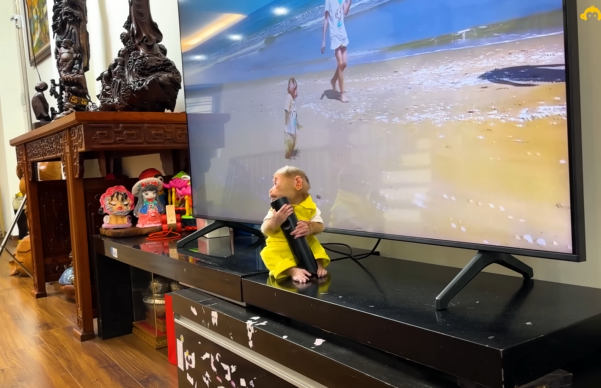
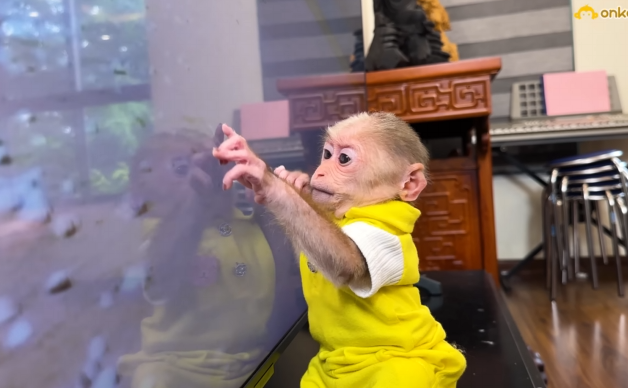
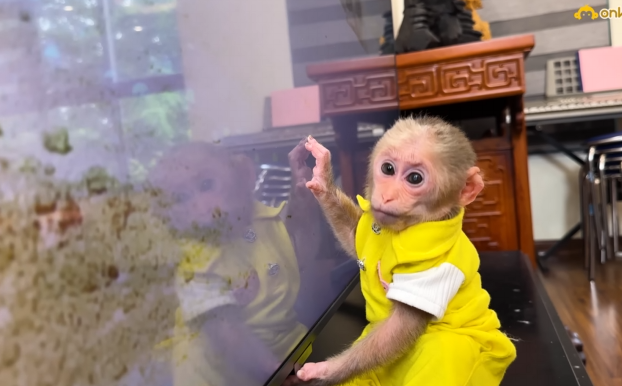
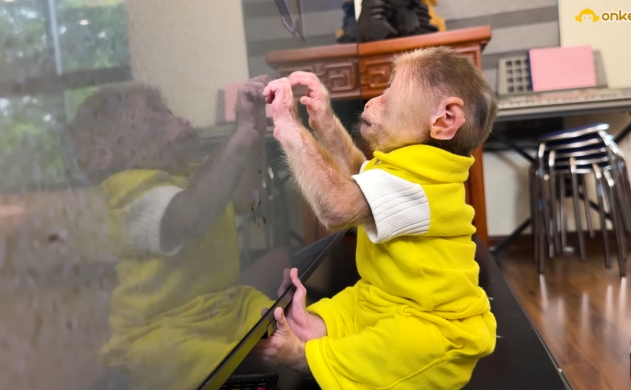
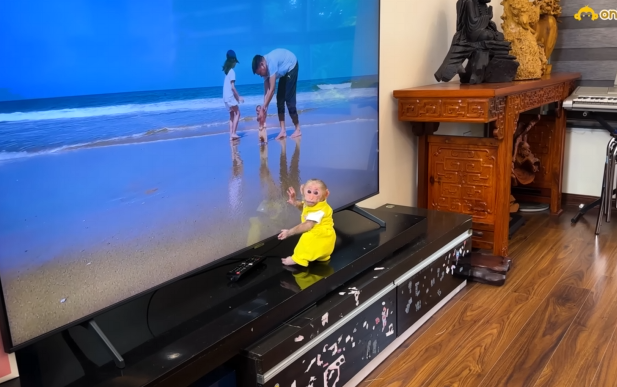
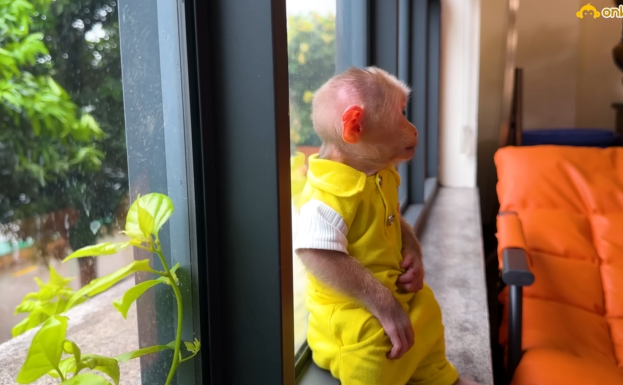
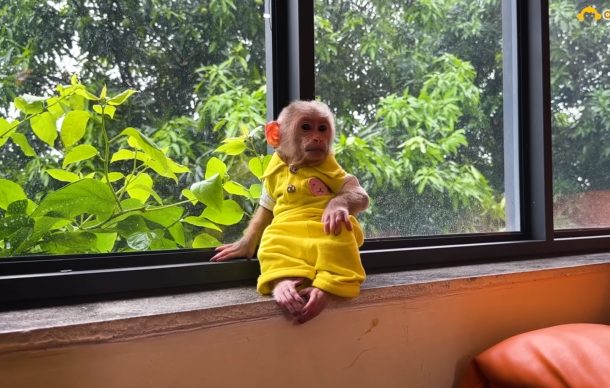


Lala stood there, confused and hurt. Without a word, she turned and slowly walked away, her shoulders drooping. She no longer felt like climbing trees or playing games. All she could think about was why her best friend was ignoring her.
Back at her favorite resting spot under the banana tree, Lala sat down and hugged her knees. Thoughts raced through her mind. Did I make Lu mad yesterday? Maybe I said something that hurt his feelings? Or maybe he just doesn’t want to be my friend anymore?
Tears welled up in her eyes. It wasn’t just sadness—it was the loneliness that came from not knowing why. She had always believed their friendship was unbreakable. They had shared so many laughs, secrets, and adventures. What could have changed overnight?
Later that day, Lala decided to talk to someone about it. She found Thuy, the gentle duck who often acted as the village’s peacemaker.
Thuy saw the sadness in Lala’s eyes and patted her gently on the back with her wing. “What’s troubling you, little one?”
“It’s Lu,” Lala said with a sniffle. “He won’t talk to me. He won’t play. I don’t know what I did wrong.”
Thuy listened patiently. After a moment, she said, “Sometimes when others are quiet or distant, it has nothing to do with us. Maybe Lu is feeling something inside that he doesn’t know how to talk about yet.”
Lala looked up, puzzled. “Like what?”
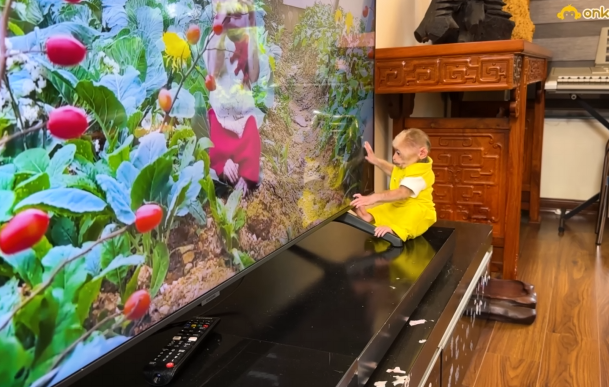
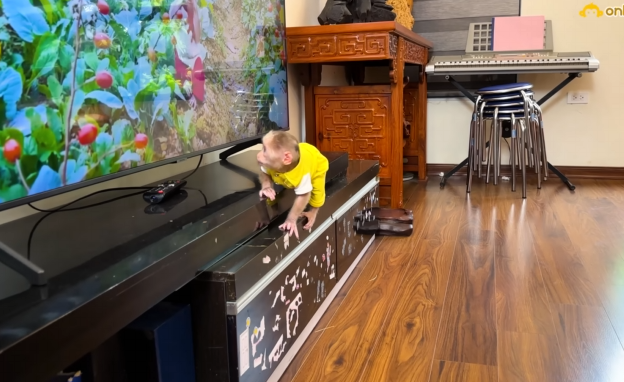
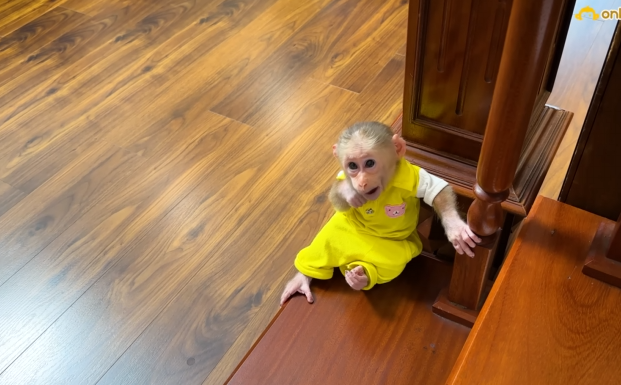
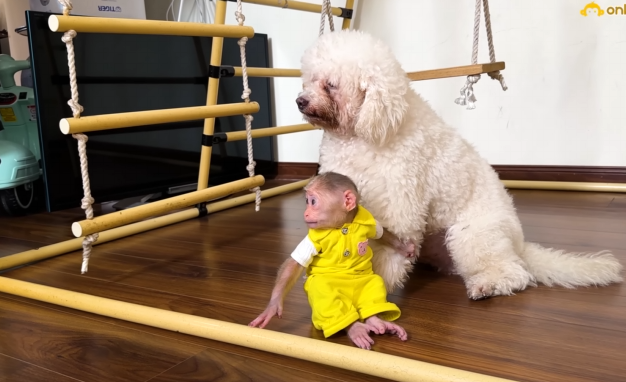
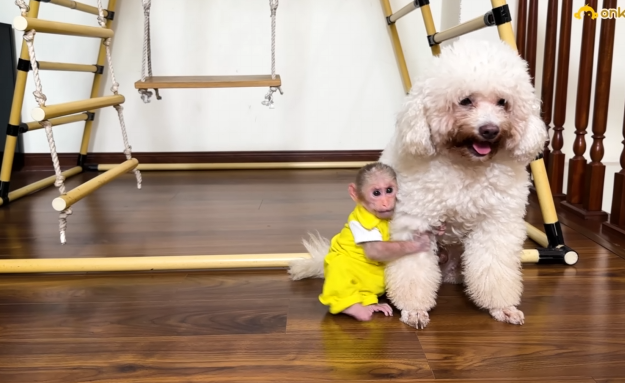
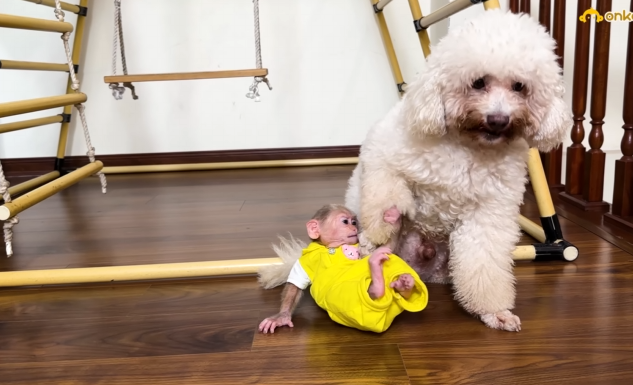
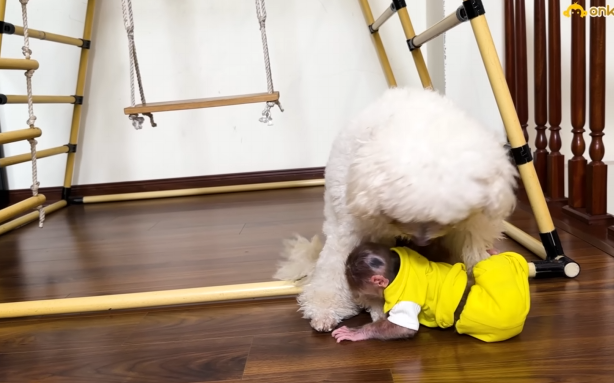
“Maybe he’s tired. Maybe something upset him. Or maybe he just needs some time alone,” Thuy explained kindly. “The best thing you can do is let him know you’re there for him when he’s ready.”
Lala thought about Thuy’s words all afternoon. It was hard to wait, but maybe Thuy was right. Maybe it wasn’t about her at all. Still, she missed her friend terribly.
The next morning, Lala brought a small gift with her—a shell she had found near the stream, polished smooth and painted with tiny flowers. It was something Lu had admired before. She left it near his door with a note: “I miss playing with you. I hope you’re okay. Love, Lala.”
She didn’t expect a reply right away, but just writing the note made her feel a little lighter.

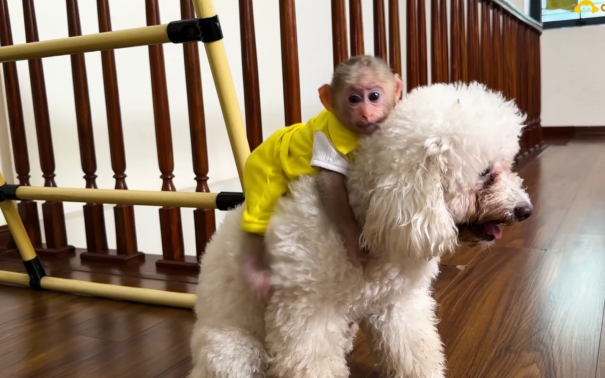
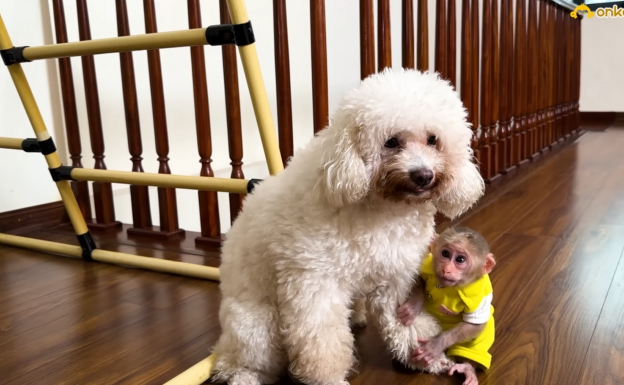
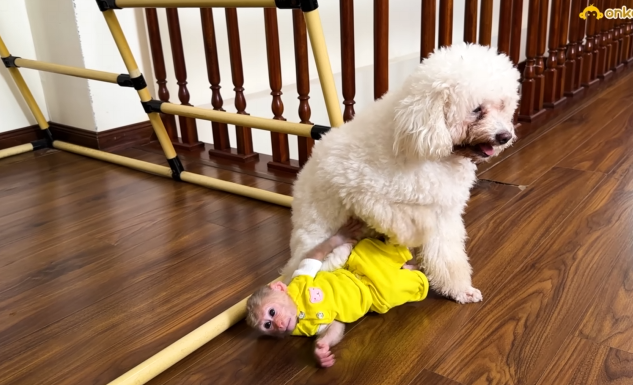
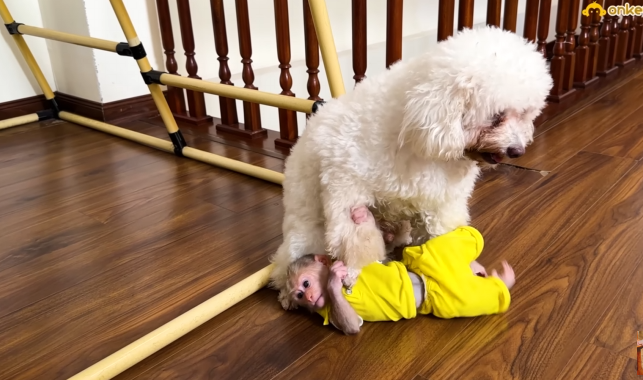
That evening, as Lala sat by herself near the pond, she heard soft footsteps behind her. She turned, and there was Lu
He looked shy and nervous. “Hi, Lala,” he said quietly.
“Hi,” Lala replied, standing up.
Lu held the painted shell in his hand. “Thank you for this. It’s beautiful.”
“I just wanted you to know I still care,” Lala said, eyes wide with hope. “But… I was really confused. Why didn’t you want to play with me yesterday?”
Lu sighed and sat down. “I wasn’t trying to hurt you, Lala. I was just feeling… weird. My cousin sent a letter saying he’s moving far away. We used to be close. I felt sad and didn’t want to talk to anyone.”
Lala listened quietly. “You could’ve told me. I would’ve sat with you.”
“I know. I just didn’t know how to explain it,” Lu admitted. “Sometimes it’s hard to talk about sad feelings.”
“I understand,” Lala said, gently touching his arm. “But I’m always here—even if you don’t want to talk. I just want you to know I care.”
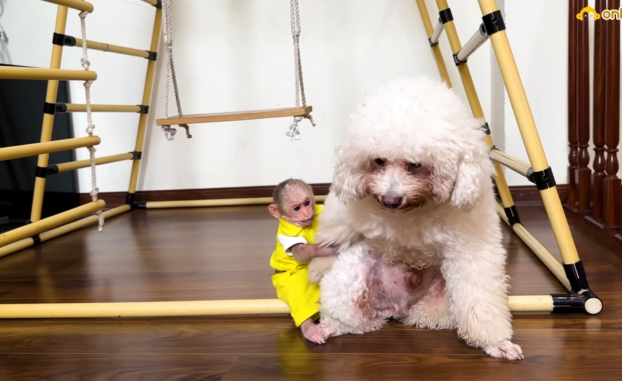
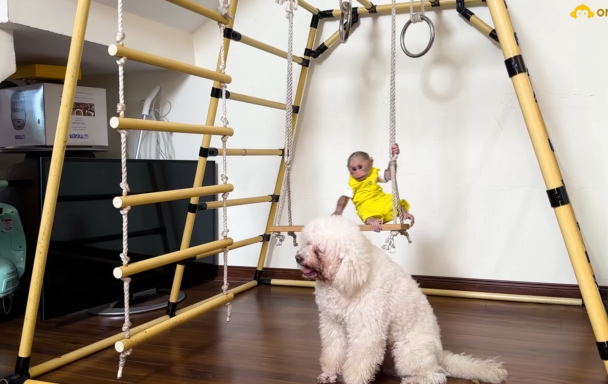
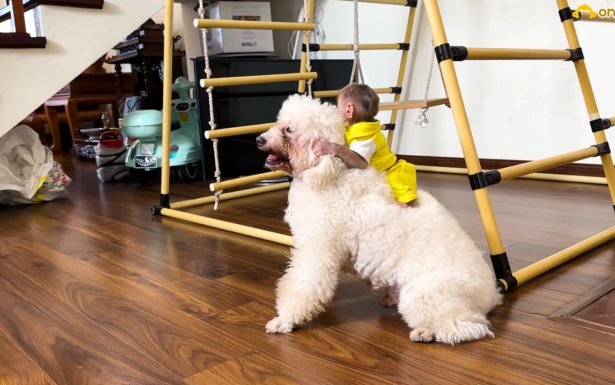

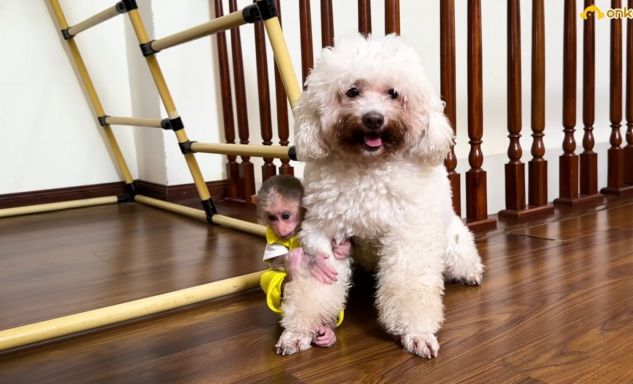
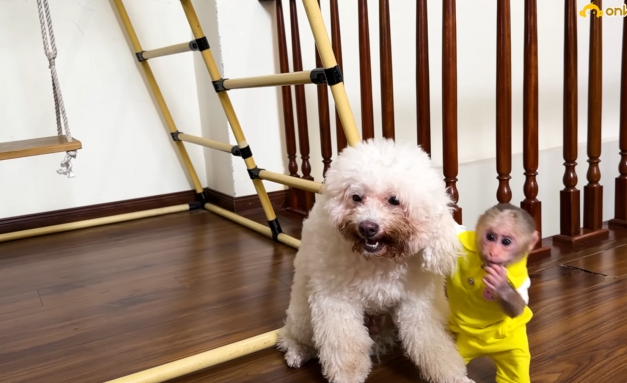
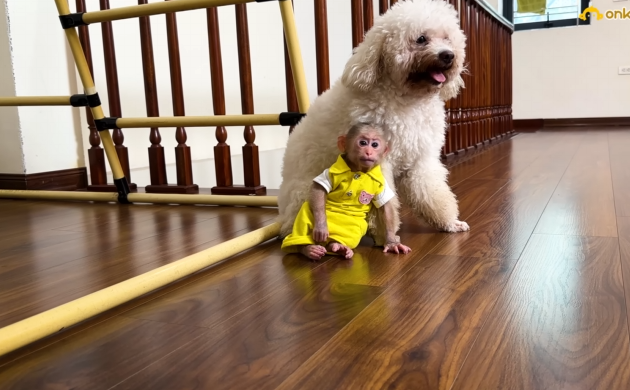
Lu smiled, a little sheepishly. “I’m sorry for ignoring you.”
“And I’m sorry for thinking it was all about me,” Lala replied. “I guess friends need to listen and give space sometimes.”
The two sat together by the pond, watching the golden sunset reflected in the water. Slowly, their bond began to feel warm and familiar again.
Later, they walked back to the village side by side. Lala felt happy again, not just because Lu was speaking to her, but because she had learned something important—that real friendship means being there even when things are confusing or hard.
From that day on, Lala and Lu played just like before—but with a deeper understanding between them. Whenever one of them seemed sad or quiet, the other would gently ask, “Do you want to talk, or do you just want me to sit with you?”
And in that question, there was comfort.
Because now, Lala knew that even when things got confusing, love and friendship would help guide the way.
